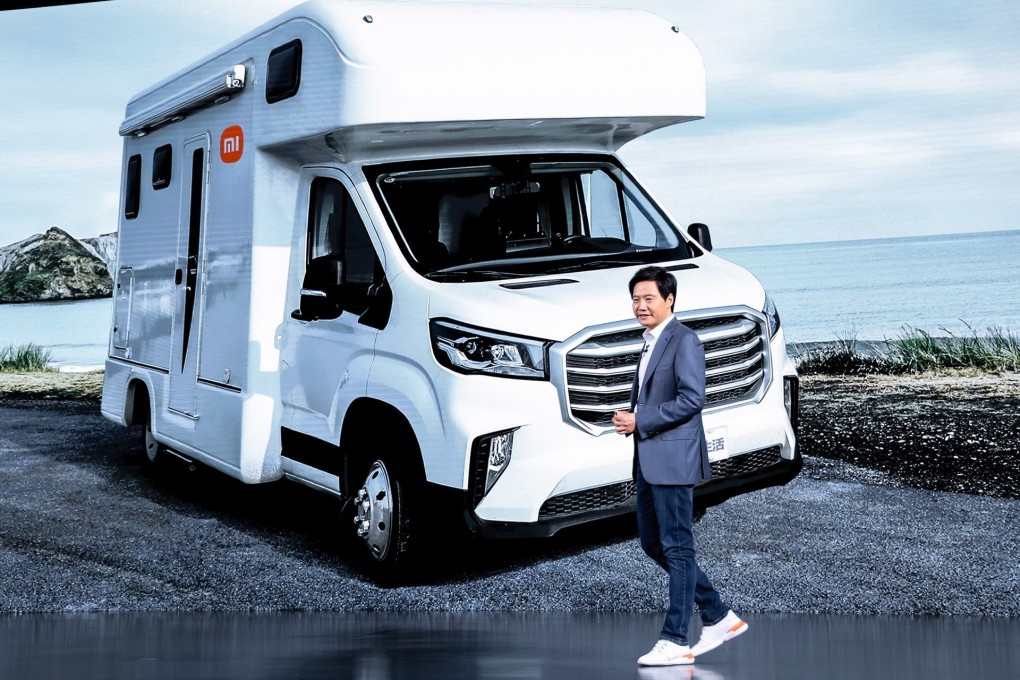Two Sessions 2022: electric vehicle bosses propose two different charging solutions as booming industry charts a future course
- Lei Jun, a delegate at the National People’s Congress, wants China to develop more high-power charging stations and build new infrastructure
- Geely CEO Li Shufu wants China to build more battery swap stations, which negates the need for lengthy charging stops

Two heavyweights in China’s electric vehicle (EV) industry have lobbied Beijing for different approaches to charging, a key issue in the development of the new energy vehicle market in the country.
Lei Jun, chief executive officer of smartphone giant Xiaomi which has recently entered the market and Geely CEO Li Shufu, an automobile industry veteran, have tabled different proposals at China’s annual political gathering asking for the government to change the charging approach for EVs.
“Charging infrastructure is the backbone of the EV industry”, said Lei in his proposal, making an appeal to upgrade the country’s current public charging points, which tend to be low-power and take a relatively long time to charge batteries.
However, Geely’s Li has suggested that China build more battery swap stations, which negates the need for lengthy charging stops. Li said in his proposal that the battery swap approach would increase charging efficiency and lower the upfront purchase price of EVs.
David Zhang, an automobiles industry researcher at the North China University of Technology, said Lei’s proposal to build a better charging infrastructure would help newcomers like Xiaomi build their market position.